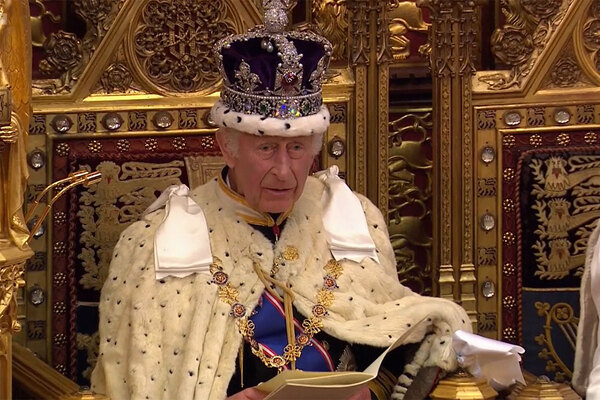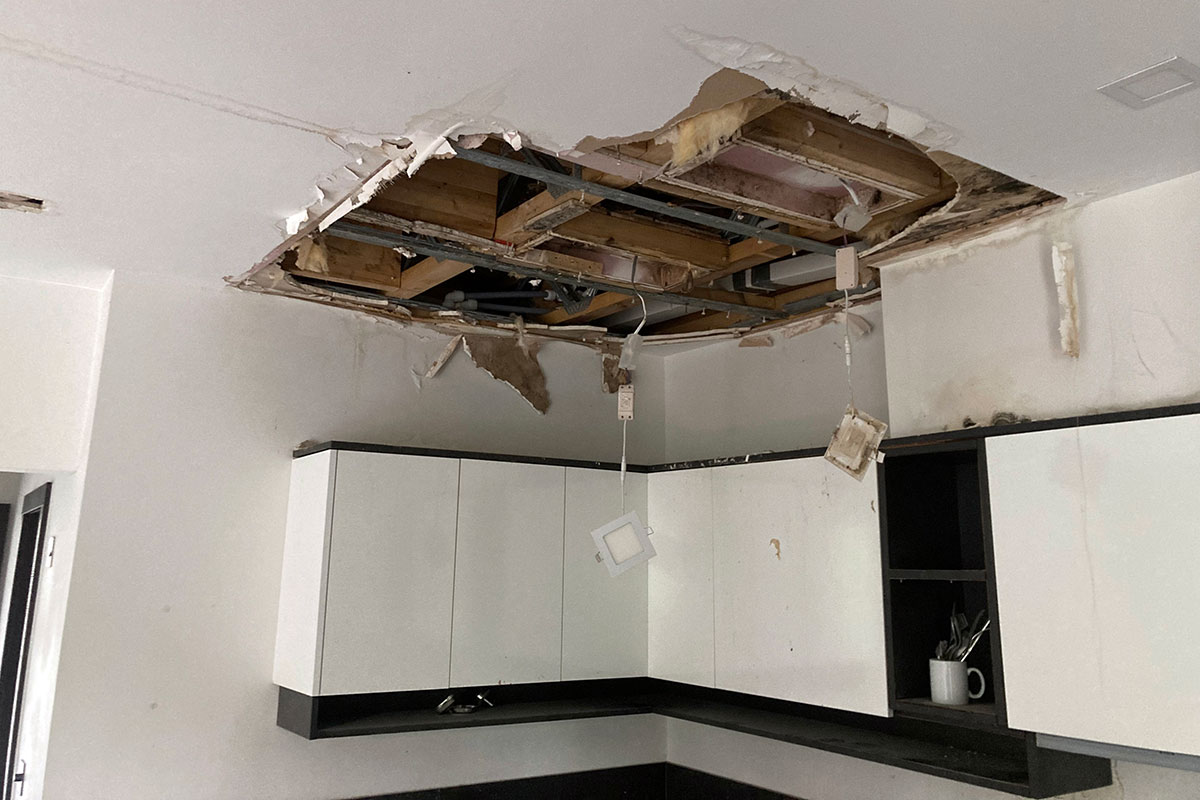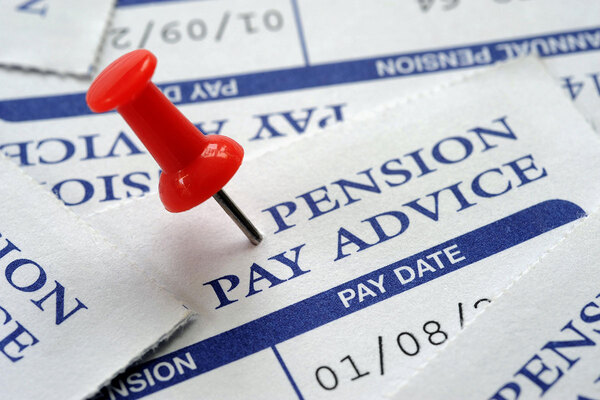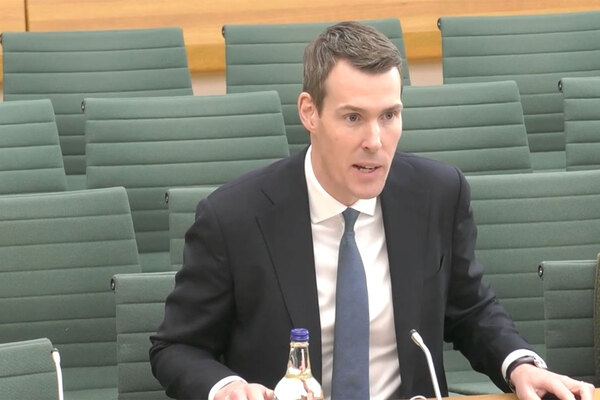You are viewing 1 of your 1 free articles
Exclusive: large retirement developer backs commonhold
Large retirement developer McCarthy Stone has backed commonhold ownership as an alternative to leasehold, Inside Housing can reveal.
McCarthy Stone said commonhold could build consumer confidence in the housing market, adding that it recognised the “strong political will” for reform of flat ownership.
The firm, which runs 540 retirement developments across the UK, pointed out that it already runs 28 schemes in Scotland, where a “broadly equivalent” form of commonhold is in place.
The government is expected to set out its plans for leasehold reform later this month. Inside Housing understands that ministers are targeting 22 November for a leasehold-related announcement.
Labour has promised to abolish leasehold for all new flats and reinvigorate commonhold as the alternative system of ownership.
Writing for Inside Housing, Harry Jeffries, general counsel at McCarthy Stone, said retirement communities needed “special consideration” as part of the proposed move to commonhold.
He also cautioned that tenure reform must not put off new investment in the retirement sector “or supply could go backwards”.
Under commonhold, residents own their own flat and are members of an association that owns the common parts of the building.
The system gives control to flat owners and imposes responsibilities around the building’s maintenance and repair. However, commonhold owners can choose a managing agent to run the building on their behalf.
Commonhold is similar to flat ownership systems in many other countries including the US and Australia. However, just 20 commonhold schemes have been completed in England and Wales since the tenure’s creation in 2002.
A Law Commission report published in 2020 made 121 recommendations to make it a workable alternative to leasehold, which the government has said it will enact in full.
In July’s King’s Speech, the government promised to enact the provisions of the Leasehold and Freehold Reform Act 2024, which was passed over the summer. This will be followed by a draft Leasehold and Commonhold Reform Bill later in the parliamentary session.
The bill will modernise the legal framework around commonhold and ban the sale of new leasehold flats so commonhold becomes the default tenure.
According to the government, the commonhold legal framework is “out of sync” with modern development methods, and the current rules around conversion from leasehold to commonhold are “unworkable”. There are around five million leasehold homes in England and Wales, including 3.4 million flats in England.
While supporting the planned move to commonhold, Mr Jeffries noted that most older residents “will not want to, or be able to” take on extra responsibilities around building management.
He said that new rules and safeguards should be introduced specifically for commonhold in retirement communities. In supported housing schemes, he suggested the operator could remain in place for the first three to five years of a development, after which residents could change management.
For retirement housing with care schemes, he suggested that ownership of shared areas and communal facilities could be retained by the developer, to work jointly with the residents’ commonhold association.
Sign up for our tenancy management newsletter
Already have an account? Click here to manage your newsletters












